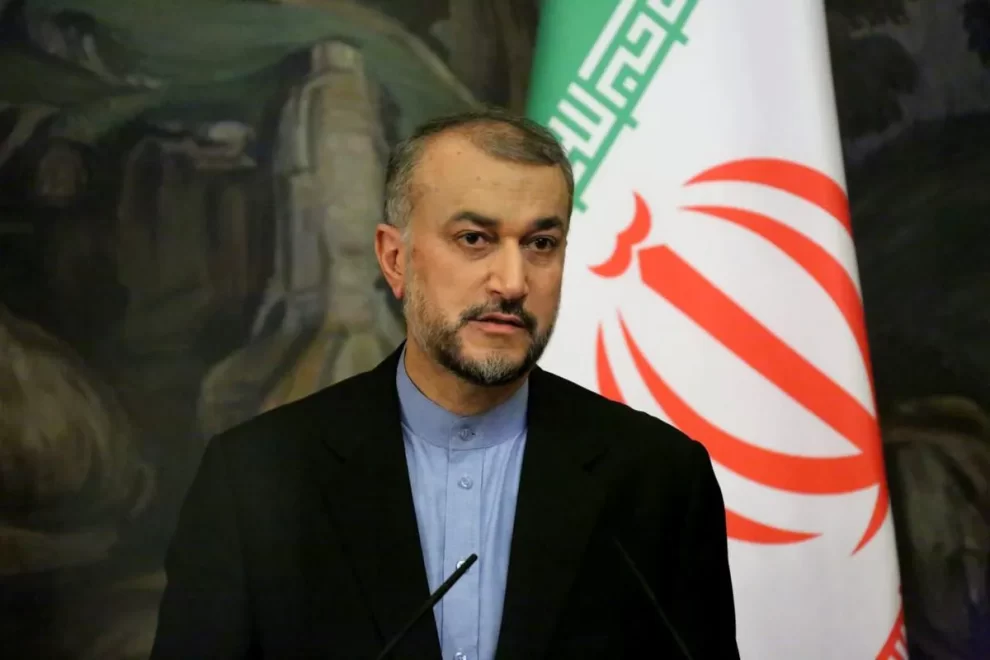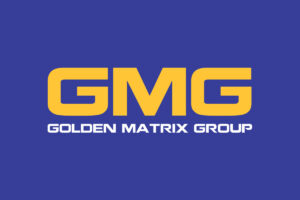Tehran says it will support any agreed-upon government, calls on other countries to stay out of Lebanese internal affairs.
Iran’s foreign minister called on Lebanon Thursday to overcome political deadlock and elect a president, urging foreign governments not to interfere in the choice.
“We encourage all sides in Lebanon to expedite the election of a president,” Hossein Amir-Abdollahian told a press conference in the capital Beirut.
“We will support any election and agreement reached between all Lebanese sides… and we call on other foreign parties to respect the choice of the Lebanese without interfering in the country’s affairs,” he added.
Lebanon, in the throes of a crushing economic crisis, has been without a president for almost six months amid deadlock between entrenched political barons.
A caretaker cabinet with limited powers has been at the helm since May last year after legislative polls gave no side a clear majority.
The Iran-backed Shiite Hezbollah terror movement, which holds huge sway over political life in Lebanon, has endorsed pro-Syrian Sleiman Frangieh for the presidency.
Before that endorsement, Hezbollah and its allies had spoilt their ballots during 11 unsuccessful attempts in parliament to elect a successor to president Michel Aoun, with some lawmakers accusing the group of obstructing the ballot.
“Lebanese officials and all political parties and sides in the country have the capacity and the competence to reach a consensus on electing the president,” said Amir-Abdollahian, on his second visit to Beirut this year.
Countries including France, the United States, and Saudi Arabia hold regular consultations on Lebanon. Their representatives met in February in Paris to discuss the crisis, without achieving any tangible progress.
Hezbollah leader Hassan Nasrallah has warned that the next president cannot be close to Washington, which he has accused of “intervening” in Lebanon.
Frangieh is a personal friend of Syrian President Bashar Assad and has long been considered among Hezbollah’s preferred choices for president.
Before Hezbollah-backed Aoun was elected president in 2016, the Shiite group had adopted similar spoiling tactics, contributing to a vacancy lasting more than two years.
Iran’s top diplomat said he and Lebanese counterpart Abdallah Bou Habib discussed “comprehensive cooperation between Iran and Lebanon” and Iran’s readiness “to further strengthen the ties in economy, trade, tourism, science, technology and other fields.”
Amir-Abdollahian is set to meet with other Lebanese officials before traveling to ally Damascus on Friday.
Source: The Times of Israel































